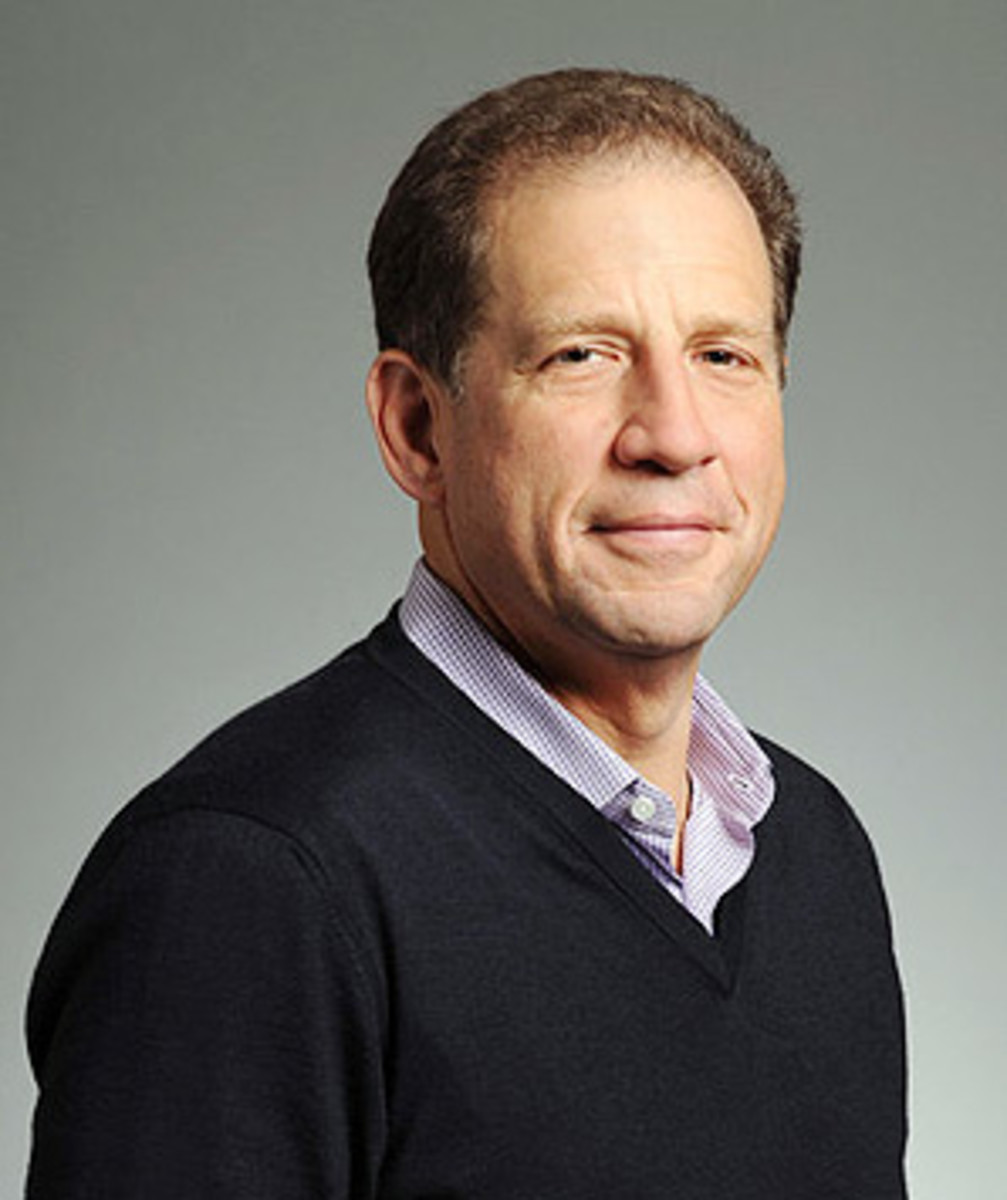Jason Collins an inspiration on and off the court


During my three decades as a sports agent, I've represented more than 500 professional athletes. Some, like Hideki Matsui, were trailblazers. Some, like LaMarcus Aldridge, were Trail Blazers. But none have been more inspiring than Jason Collins, the first man to acknowledge being gay while still active in one of America's four major professional sports.
Jason has made a courageous decision. Coming out publicly required immense bravery. All sorts of people are still rejected by their families, targeted by bigots and harassed by vigilantes just because they decide to tell the truth about their sexuality. Former center John Amaechi, closeted over his five NBA seasons, has said, "The fears of society are distilled into the small space of the locker room."
I'm 5-foot-7, and I've always thought of Jason and his twin brother, Jarron, as my 7-foot sons. I've known them since their days at Stanford, where in 2001 they led the Cardinal to the Elite Eight. Jason was a first-round draft pick, taken 18th. He has played for six teams in the pros, going to the playoffs nine times in 12 seasons and twice starting in the Finals.
Exceptionally humble and unaffected, Jason wears his 34 years as lightly as his Wizards jersey. He came to D.C. in February by way of the Celtics, who signed him last summer for his character and cerebral play. As a player, Jason puts the lie to every gay stereotype. He makes the hard fouls. He doesn't allow easy baskets.
Matchless at keeping sharp and game-ready, Jason has accepted the role of backup for years now, and is comfortable going long stretches without playing. Celtics coach Doc Rivers calls Jason "a great chemistry guy", making him sound like a sideline Linus Pauling. "He literally is one of the best guys I've ever had in the locker room, player or coach," Rivers says. "He's just honest. He's honest with the coaching staff with what he sees, and he's honest with the players. A player will complain about something, and he'll tell them the truth. A lot of guys don't want to hear the truth. I would love to have him all the time."
Two months ago, while I was in South Africa celebrating my wife's birthday, Jason left me a voice mail saying he had something "difficult" to discuss. My first reaction was, "Uh-oh, am I getting fired?" I texted Jason: Can this wait until after I get back to the states? Jason texted back: Sure.
When we finally spoke, Jason revealed his private secret. He said he felt compelled to tell me. He said that, after much soul searching, he realized that it was better for him to have the truth come out. He asked for my support. I asked, "Why now? Why go public?" Jason said he could no longer remain silent. He said he wanted to live honestly and openly and inspire others to do the same. He asked how I thought teams and the public might react.
I told him that the public would respect his candor. My only fear was that the announcement might influence his impending free agency. I wondered whether teams might be unwilling to risk potential problems with narrow-minded players. This, despite his reputation as a quintessential team player. "Jason," I said, "could you possibly delay this until after you sign a new contract and have job security?"
His response was immediate and unshakable. "My basketball career is important," he said, "but the time has come to live my life. As supportive as my family has been, I feel terribly alone and isolated." He also didn't want to risk being outed. "I want to tell the world myself," he said. "I have faith that other players will judge me by my past performance and what I bring to a team, and not by this announcement alone."
Do I think a team will sign the aging, but still formidable Jason? I certainly hope so. Ernie Grunfeld, the general manager of the Wizards, has likened him to Herb Williams, a big man who played in the league until he was 41. Williams, explained Grunfeld, was a veteran who "showed his teammates the right way to play."
I expect Jason to show the rest of us the right way to deal with prejudice. We must oppose it wherever and whenever we can. Gay people are entitled to the same rights and safeguards that everyone else in America enjoys. I have no doubt that the NBA will have Jason's back, encourage open locker room conversations about sexual identity and show zero tolerance for players or fans who make threats or homophobic remarks.
I'm confident that Jason's unassailable determination and strength of character will evoke a sense of pride in him within the sports world and pave the way for other gay athletes.
